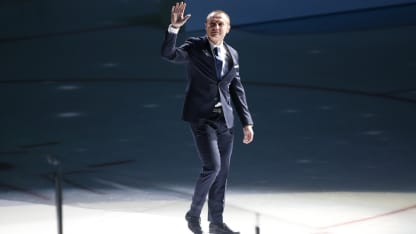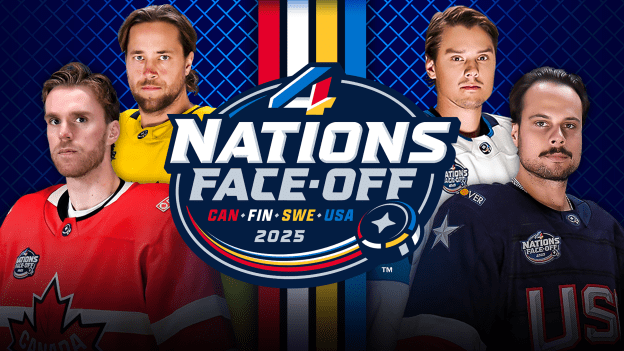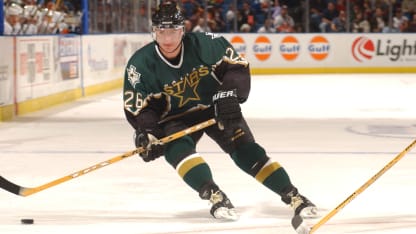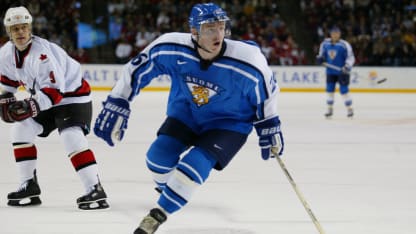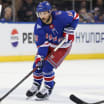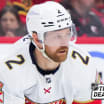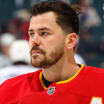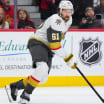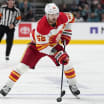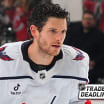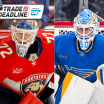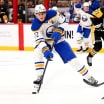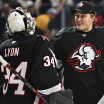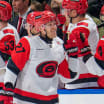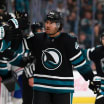In NHL.com's Q&A feature called "Sitting Down with …" we talk to key figures in the game, gaining insight into their lives on and off the ice. In this edition, we feature Jere Lehtinen, the general manager for Team Finland in the upcoming 4 Nations Face-Off, who as a player was a Stanley Cup champion and three-time Selke Trophy winner as the NHL's best defensive forward with the Dallas Stars, and a four-time Olympic medalist with Finland.
Jere Lehtinen is in full preparation mode for the 4 Nations Face-Off.
"Hockey, hockey," Lehtinen told NHL.com. "Getting ready."
Lehtinen has stayed primarily in his hometown of Espoo, Finland, since doing his final scouting before the rosters for Finland, Sweden, Canada and the United States, the teams competing in the 4 Nations Face-Off, were announced Dec. 4.
But his job is certainly not done, not when there are still 23 days before Finland opens the tournament against Team USA at Bell Centre in Montreal on Feb. 13 (8 p.m. ET; ESPN+, ESPN, SN, TVAS).
Canada and Sweden play against each other in the tournament opener at Bell Centre on Feb. 12 (8 p.m. ET; MAX, truTV, TNT, SN, TVAS).
Lehtinen is still scouting from home. He's still doing constant prep work with Finland's coaching staff. He is checking in on players selected to play for Finland daily. He's contemplating decisions he doesn't yet have to make, such as who is on the short list of players who he would have to call to replace an injured player.
"Now it's just checking players, how they do, how they play," Lehtinen said. "That's how it goes right now for the 4 Nations."
Lehtinen spoke with NHL.com about his current process, his job between now and the start of the tournament, how his playing experience gives him a perspective that could be beneficial to the Finnish players, his expectations for Team Finland at the 4 Nations and much more.
How does it work for you since you're in Finland and the NHL games are not on at times that are conducive for you? What's your process for following players and getting a real feel for how they're doing and what's going on with them on their NHL team?
"Right. I'm in Espoo in Finland right now. Nowadays it's so easy. In the morning, you see how the games went and if you want to watch whatever game or whatever shift and whatever player, you can do that. Jarmo Kekalainen is over there in the United States too so he's watching games, too. There's a lot of afternoon games during the weekends here and those are good games to watch. It's a good time for us, starting at 7 or 8 p.m. and going on to whenever you want to stay awake. And some games if you wake up earlier you can watch West Coast games because it's early morning for us when they're still on live."
What are you watching for now? What are you looking for?
"All of our staff, the coaches, it's just how the guys are playing. We know them well, but sometimes you'll see a player's ice time go up and down and you want to see why. Of course, it's also about health. You want to know where they are with that. But when there are less minutes being played than usual, there's a worry. Did he get hurt or is it something else? And these guys are already picked, but at the same time, you're watching other guys who weren't picked but they were close because you have to be prepared for anything if someone gets hurt before the tournament."
